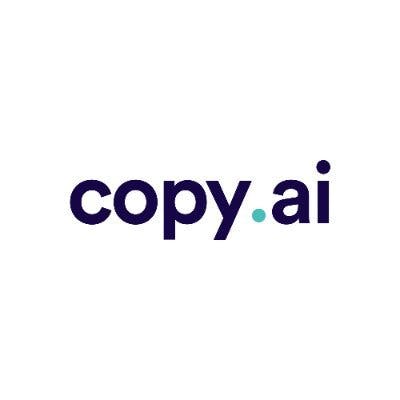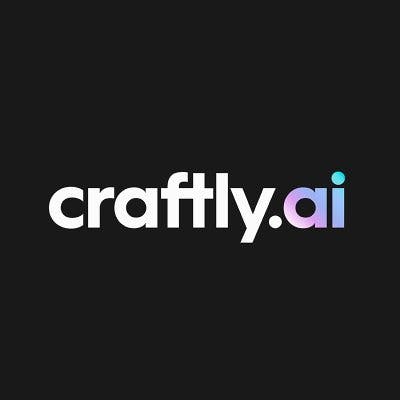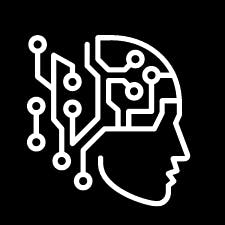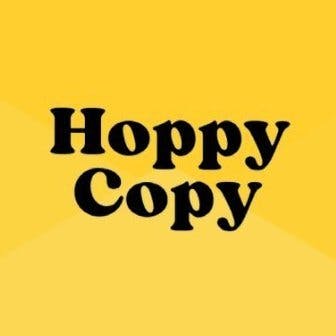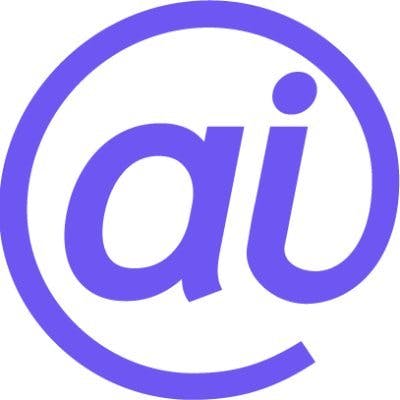AI vs Human marketing
AI, in the last year, became something that no tech-related conversation
can avoid to discuss. Following the recent OpenAI keynote, it looks like
most of our fears of AI replacing us are becoming reality at an accelerated pace.
Marketing in the era of AI is an interest of mine. Every business has to do
marketing to some degree and doing it unsuccessfully will break even the most
promising startup. It is also in the process of being disrupted by AI.
Using some scraping and AI magic, I analysed the current AI marketing tools
market.
Total X followers
Less than 1K
Top insight: copywriting was seriously disrupted
This will come as no surprise to anybody who is working in marketing currently.
Copywriting by humans is coming to an end. It did not end yet, but the trajectory
is clear. Humans can still come up with more relatable content. I write this
blog post on a piece of paper because I have not been able to come up with
anything better with AI.
Majority of copywriters now use AI-based copywriting tools. This is also where
most of the AI companies had most success with. Older-era tools like Notion
and Grammarly still take the cake, but newcomers are
chipping in, considering how competitive this is.
Part of the problem with this category of tools is that it is at risk of being
made redundant by more general-purpose behemoths like ChatGPT by
OpenAI. It is both a blessing and a curse - copywriting
startups can easily build their tools, because OpenAI
tooling is so good. But ChatGPT is also becoming so
good, that it can just take out a bunch of startups in one fell swoop.
AI ads and social media content - very basic
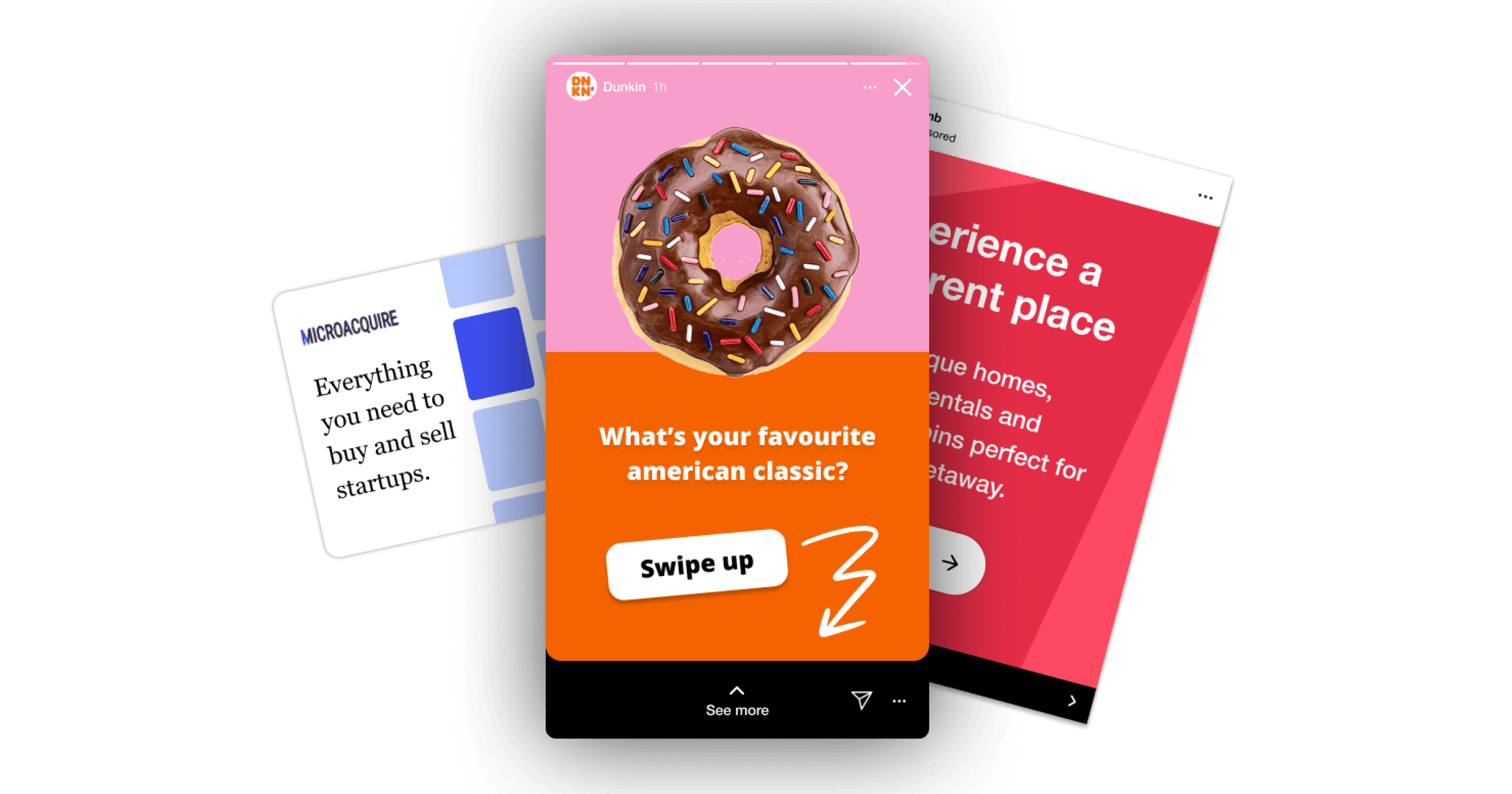
Clickable can generate vibrant-looking ads.
It's not like the ad marketers had it easy for the last few years.
First it was Apple with their privary tracking
changes, now EU is forcing Meta to allow their users a No Ads option.
It just seems like every year it becomes harder and harder to run well-performing
PPC ads. Maybe AI will be our saviour?
Ad variations are easier to generate with the latest AI tools. Clickable
and Quickads can
try
to generate some ads based
on your brand and products. But this is still in it's infancy - generated ads
are basic compared to what skilled people can do in Photoshop.
I'm still waiting on a day when somebody generates a high-converting ad.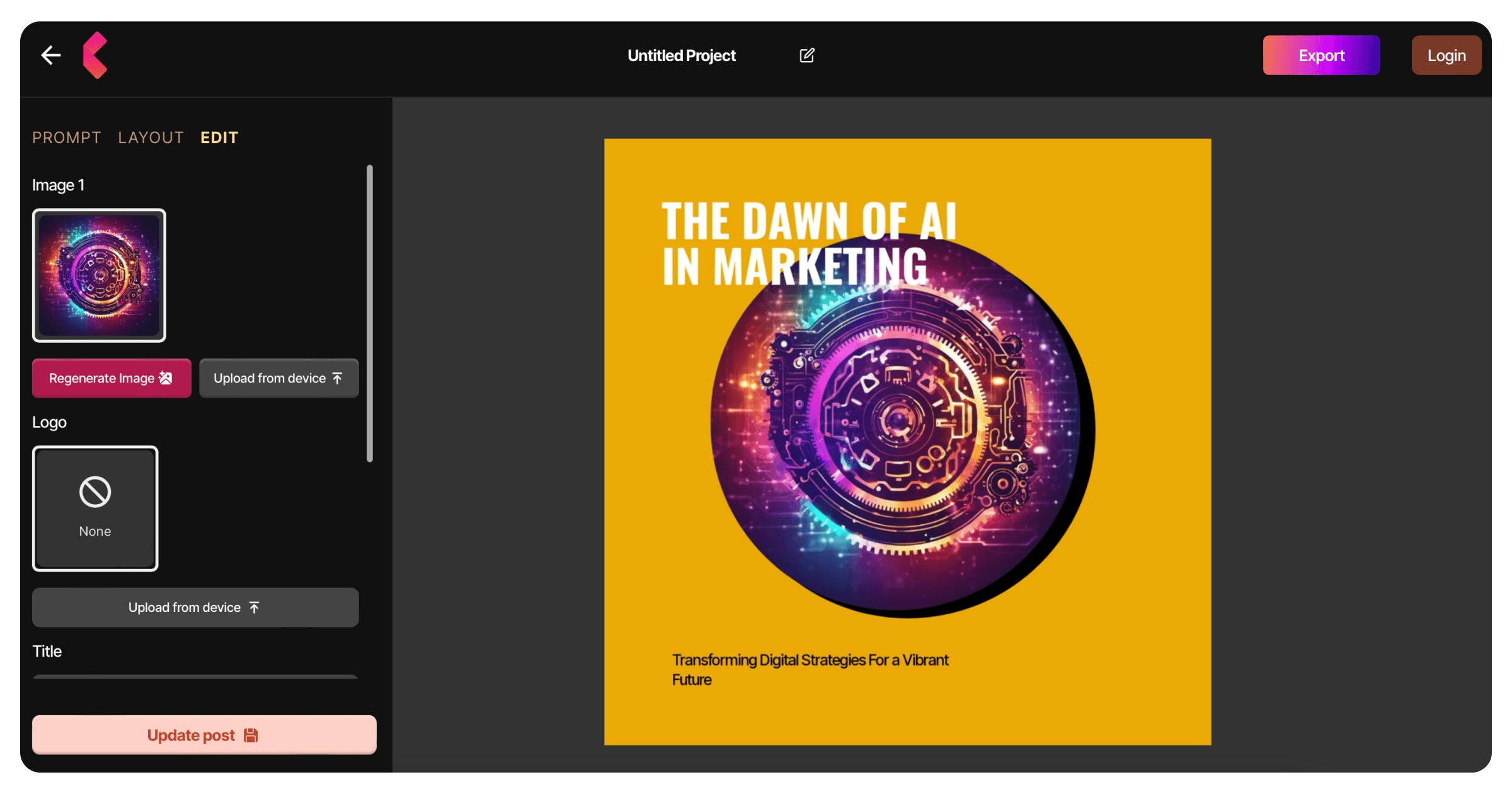
Kendal generates Instagram posts from your prompts.
When in comes to social media content - well, it suffers a similar fate. Yeah,
you can generate posts, but they are in competition for the same mind-share as
posts from top creators on the network. New generation of tools like
Kendal help you fill your social feed with
auto-generated posts and maybe someday these posts will be sufficiently high quality,
but not today.
Meta and
Google have all the data in the world,
refined algorithms, tools and billions spent everyday in search for conversion.
I believe that these corportations will find a way to
fully incorporate the new generative AI tools in the coming months.
AI-aided public data analysis is the secret weapon
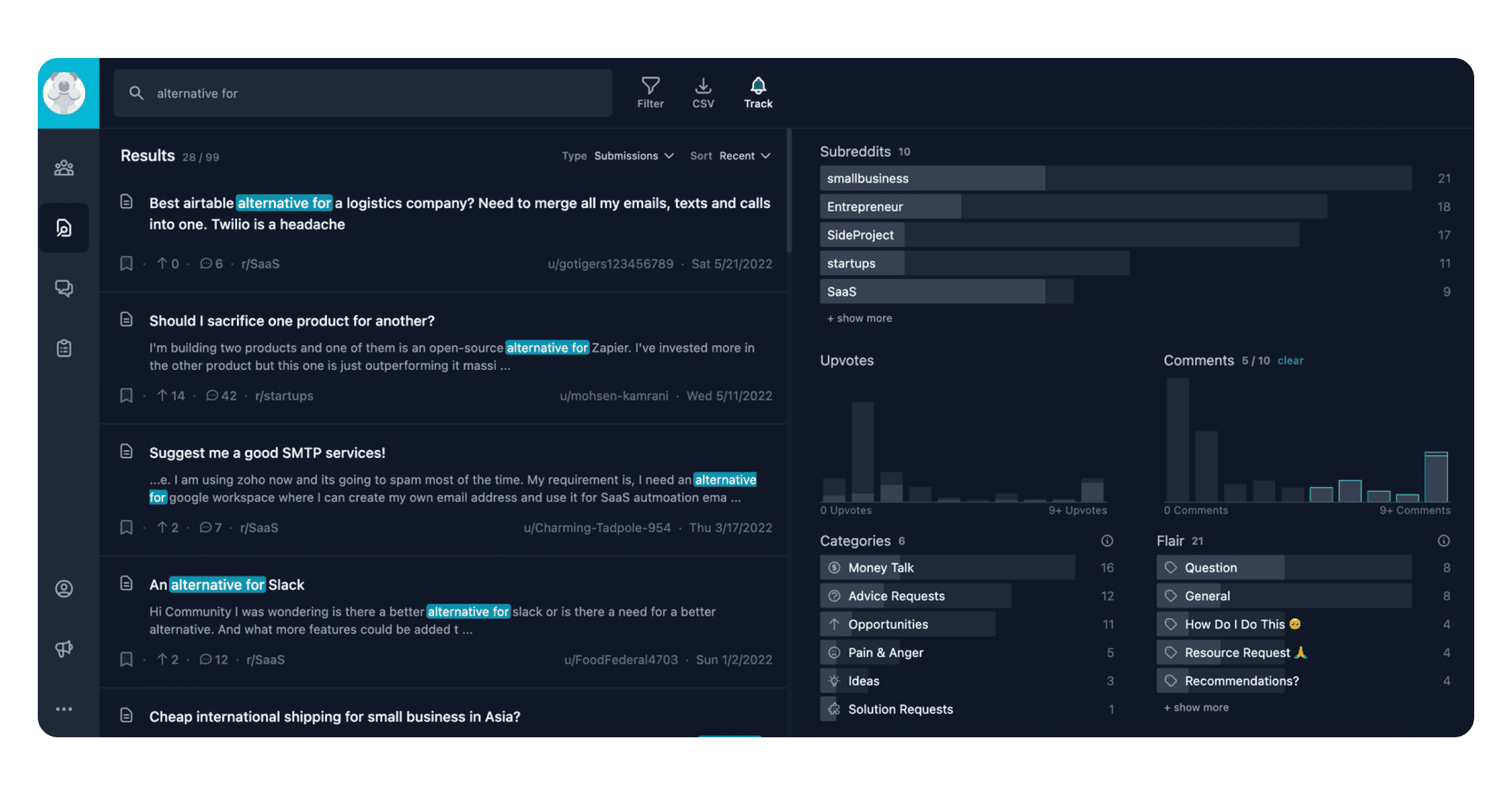
Using GummySearch to search for "problems".
As long as I know what prompt to use, I can generate anything - best performing
blogs, ads or social posts. The problem is that most of the time I don't know.
I'm a huge believer in making decisions based on data and GummySearch helps find you this data.
It uses latest AI models to analyse content on Reddit to
synthesize information that cannot be easily found elsewhere - insights that are
only available to you. I personally use these insights to validate ideas, come
up with content and so on.
Nobody else has found it yet!
Autonomous emails are free money
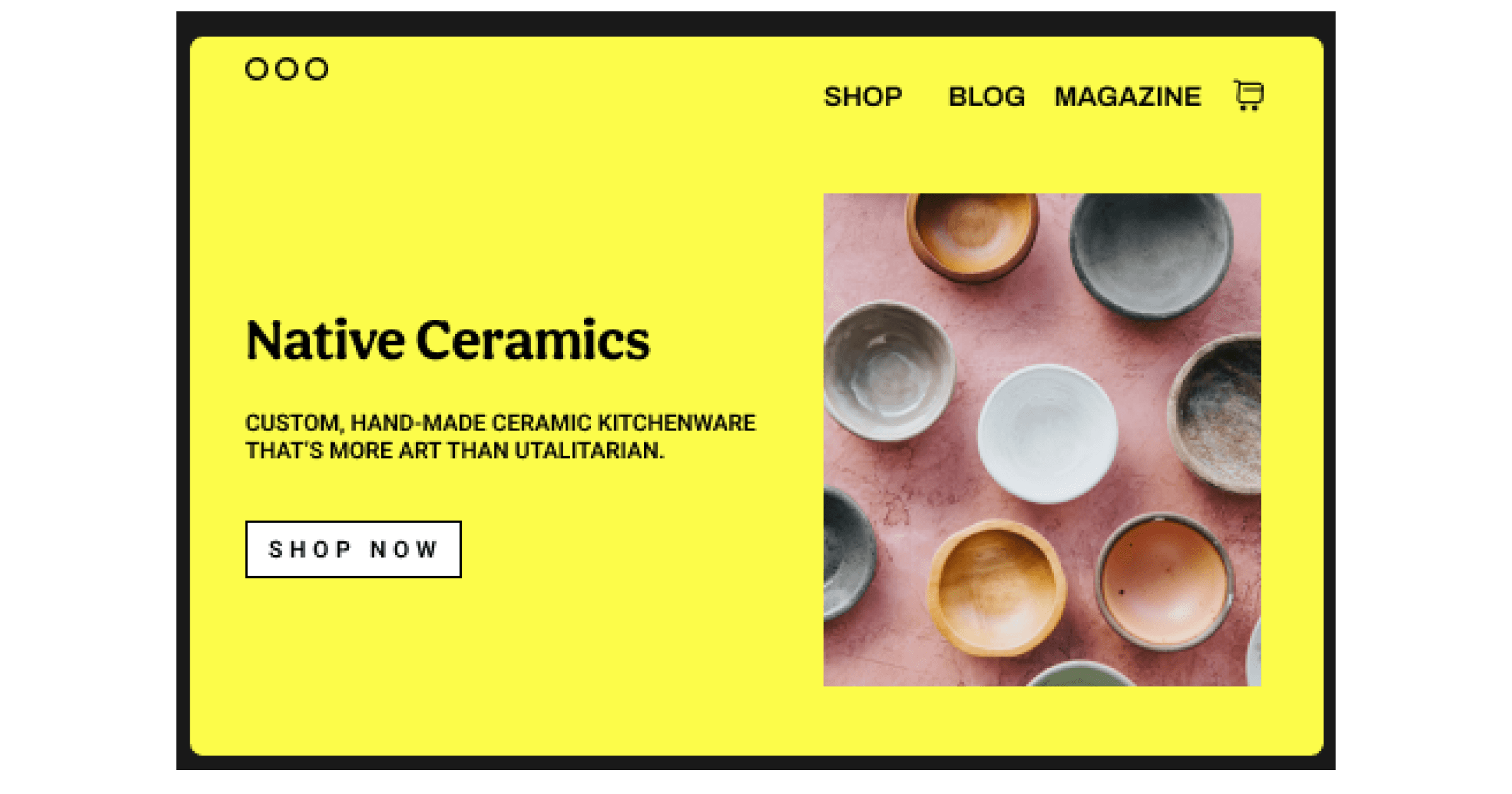
TinyAlbert auto-creates and auto-sends emails to your subscribers.
5% to 11% of otherwise lost sales are recovered by abandoned cart email (Source: Shopify).
It is as close to "free money" as it can be. But time and time again I find
e-commerce stores that just don't do it. I'd guess mostly because of lack of knowledge or time.
AI emails are still in the infancy - TinyAlbert is
the only tool that I found that is different in this space. It
tries
to
fully automate all email marketing: from generating topics to generating emails themselves.
It is better than nothing and sometimes it is just enough.Believable marketing videos and images are not there yet

Putting e-commerce products into different environments with SceneCraft.
Compared to text, videos and images are harder to do right from the technology standpoint.
In terms of videos and images for marketing purposes, there is little progress.
It is still hard to generate good-enough images for marketing campaigns that need your
e-commerce product photos or use your brand colors. As for videos, it is even harder.
We have to do all of this mostly by hand,
even
today.Chatbots are learning new tricks
The incumbent market of chatbots and conversational commerce adapted to the new reality.
Drift can now be even more human, but newcomers built on
the latest AI models can catch up to the competition faster.
I don't see much magic here since on the surface it looks like it has always been.
The future of AI marketing
AI is not there yet to replace humans fully, but it is getting close.
Copywriting was disrupted already but it is just the start. Copywriting apps
will incorporate more nuanced writing styles and will eventually be able to do
99% of what humans can do.
It will take more time for ad, video and image apps to follow, since they are bigger
effort endeavours so we are still a long way to go there.
I believe the future of AI marketing means incorporating more industry data
into the general purpose AI models. It will both tailor the models
to be more conversion oriented and protect the companies building them from platform risks.
Domas Bitvinskas
Written by me, initially on paper, by hand
November 13, 2023
Don't want to miss out the
AI business wave
?Hey, I am Domas Bitvinskas.
I write recaps on marketing and business in the age of AI (2024+).
I write recaps on marketing and business in the age of AI (2024+).


